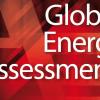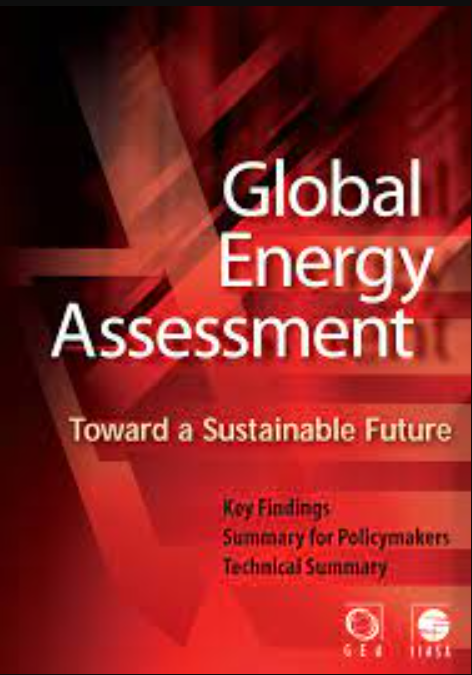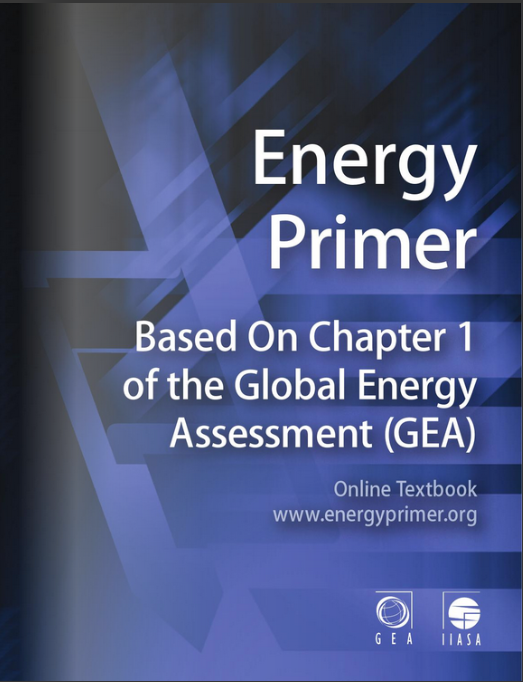
The Global Energy Assessment (GEA), launched in 2012, defines a new global energy policy agenda – one that transforms the way society thinks about, uses, and delivers energy. Involving specialists from a range of disciplines, industry groups, and policy areas, GEA research aims to facilitate equitable and sustainable energy services for all, in particular the two billion people who currently lack access to clean, modern energy.
Coordinated by the International Institute for Applied Systems Analysis (IIASA), GEA was led by some of the world's leading energy experts in research, academia, business, industry and policy, representing both the developed and the developing world. GEA is the first ever fully integrated energy assessment that analyzes energy challenges, opportunities and strategies, for developing, industrialized and emerging economies. It is supported by government and non-governmental organizations, the United Nations Systems, and the private sector.
- Cluster I: Major global issues and energy (regional, national and international challenges).
- Cluster II: Energy resources and technological options (assessment of the components available to build future energy systems).
- Cluster III: Describing possible sustainable futures.
- Cluster IV: Realizing energy for sustainable development (assessment of the policies needed to address the challenges).
The Assessment was subjected to rigorous and independent analysis and review.
The GEA final report was launched during Rio+20, and is available for purchase here from Cambridge University Press. A copy of the GEA Summary Document is available online.
Objectives:
The GEA provides policy-relevant analysis and guidance to governments and intergovernmental organizations, decision-support material to the commercial sector (energy service companies, investors and others), and analysis relevant to academic institutions. It provides technical guidance for implementing measures aimed at mitigating climate change and sustainable consumption of resources, for example the GEA:
- proposes a portfolio of policies addressing global energy challenges;
- addresses climate change mitigation targets as outlined by the UNFCCC and other GHG mitigation initiatives;
- evaluates future commitments to the reduction of GHGs, for example, to levels 20+ percent below 1990-levels by 2020 and 50+ percent by 2050, and negative emissions before 2100; and
- examines resource and technology options and policies needed to achieve such targets.
Download the final report here or see below to download individual chapters and further supplementary material.
Summary Booklet (PDF, 5.2 MB)
Key Findings
Summary for Policy Makers
Technical Summary
GEA references (.ris)
GEA references (.txt)
Export Citation (RIS Format)
Energy Primer: Online textbook adapted from Chapter 1 of the Global Energy Assessment (GEA). Download it here.
Individual Chapters and Suppl. Materials
Chapter 1: Energy Primer
Chapter 2: Energy, Poverty and Development
Chapter 3: Energy and Environment
Chapter 4: Energy and Health
Chapter 5: Energy and Security
Chapter 6: Energy and Economy
Chapter 7: Energy Resources and Potentials
Chapter 8: Energy End-Use: Industry
Chapter 9: Energy End-Use: Transport
Chapter 10: Energy End-Use: Buildings
Chapter 11: Renewable Energy
Chapter 12: Fossil Energy
Chapter 13: Carbon Capture and Storage
Chapter 14: Nuclear Energy
Chapter 15: Energy Supply Systems
Chapter 16: Transitions in Energy Systems
Chapter 17: Energy Pathways for Sustainable Development
Chapter 18: Urban Energy Systems
Chapter 19: Energy Access for Development
Chapter 20: Land and Water: Linkages to Bioenergy
Chapter 21: Lifestyles, Well-Being and Energy
Chapter 22: Policies for Energy System Transformations
Chapter 23: Policies for Energy Access
Chapter 24: Policies for the Energy Technology Innovation System
Chapter 25: Policies for Capacity Building
Annex I: Acronyms, Abbreviations and Chemical Symbols
Annex II: Technical Guidelines
Annex III: Contributors to the GEA
Annex IV: Reviewers of the GEA

